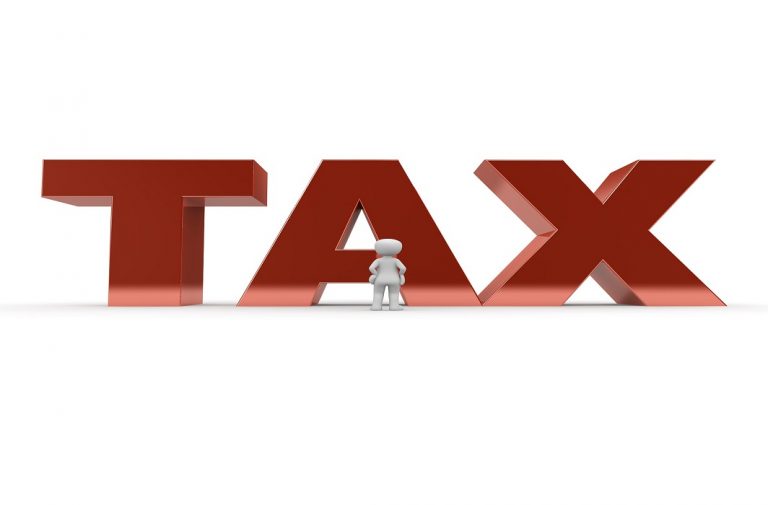
Above: Image by Peggy und Marco Lachmann-Anke from Pixabay
By Shruti Bisht
In the State of West Bengal vs Calcutta Club hearing today, the bench of Justices Rohinton Nariman, Surya Kant and Ramasubramanium directed the counsel to give a chart to explain with reference to cases whether a club is a company, society and trust. Counsel will submit this chart by Monday and judgement will be pronounced then.
Senior Advocate Shyam Divan appearing for respondent argued that u/s 65(25 )(a)Service tax Act Club means any person or body of association providing services facilities or advantage for a subscription or any other amount to its members. He further cited Ranchi Club case in which Club provides facilities like water , food , maintenance but it doesn’t provide any facility to non members .In Ranchi Club it was held that petitioner is not liable to pay service tax u/s 65(66) of Finance Act 1994 when service are utilised by members club. However it has been held that service provided by Club to any other members is liable for service tax. Senior counsel cited the judgement of Ranchi Club Ltd. Versus Chief Commissioner of Central Excise Service Tax, Ranchi Zone and Others in which the petitioner, Ranchi Club prayed for order of prohibition against respondents, Central Excise Division, Ranchi from enforcing any of the provisions of the Service Tax Act. Division Bench and, on the basis of the admissions of the learned counsel for both the parties, it has been held in the order dated 13.08.2007 that the petitioner is not liable to pay service tax under the provisions of Section 65(66)(67) of the Finance Act, 1994 when the services are utilized by the members of the club. However, it has also been held that the service provided by the petitioner-club to anyone other than the members, is liable for service tax.
Hon’ble Supreme Court, in the case of the Joint Commercial Tax Officer Vs. The Young Mens’ Indian Association, considered the definition of the ‘dealer’ by which the club was declared “dealer” and after considering the definition of “sale” as given in the Act of 1959 and explanation-I appended to Section 2(n), specifically declaring the “sale” or “supply or distribution of goods by a club” to its members whether or not in the course of business was declared deemed to be a “sale” for the purpose of the said Act. In that situation, Hon’ble Supreme Court considered the issue that the club is rendering service or selling any commodity to its members for a consideration then whether that amounts to sale or not. Hon’ble Supreme Court held that it is a mutuality which constitutes the club and, therefore, sale by a club to its member and its services rendered to the members, is not a sale by club to the members. In sum and substance, the ratio is that for a transaction of sale, there must be two persons in view of this judgement as well as in view of the Full Bench Judgement of this Court delivered in the petitioner’s own case i.e., Commissioner of Income Tax Vs. Ranchi Club Limited reported in 1992(1)PLJR 252 (Pat) (Fb). The Full Bench of this Court while considering the identical issue in the matter of imposition of income tax, observed that no one can earn profit out of himself on the basis of principle of mutuality and held that income tax cannot be imposed on the transaction of the club with its members.
Therefore, by applying the principle of mutuality Members” Clubs always claim exemption in respect of surplus accruing to them out of the contributions received by the clubs from their members.

